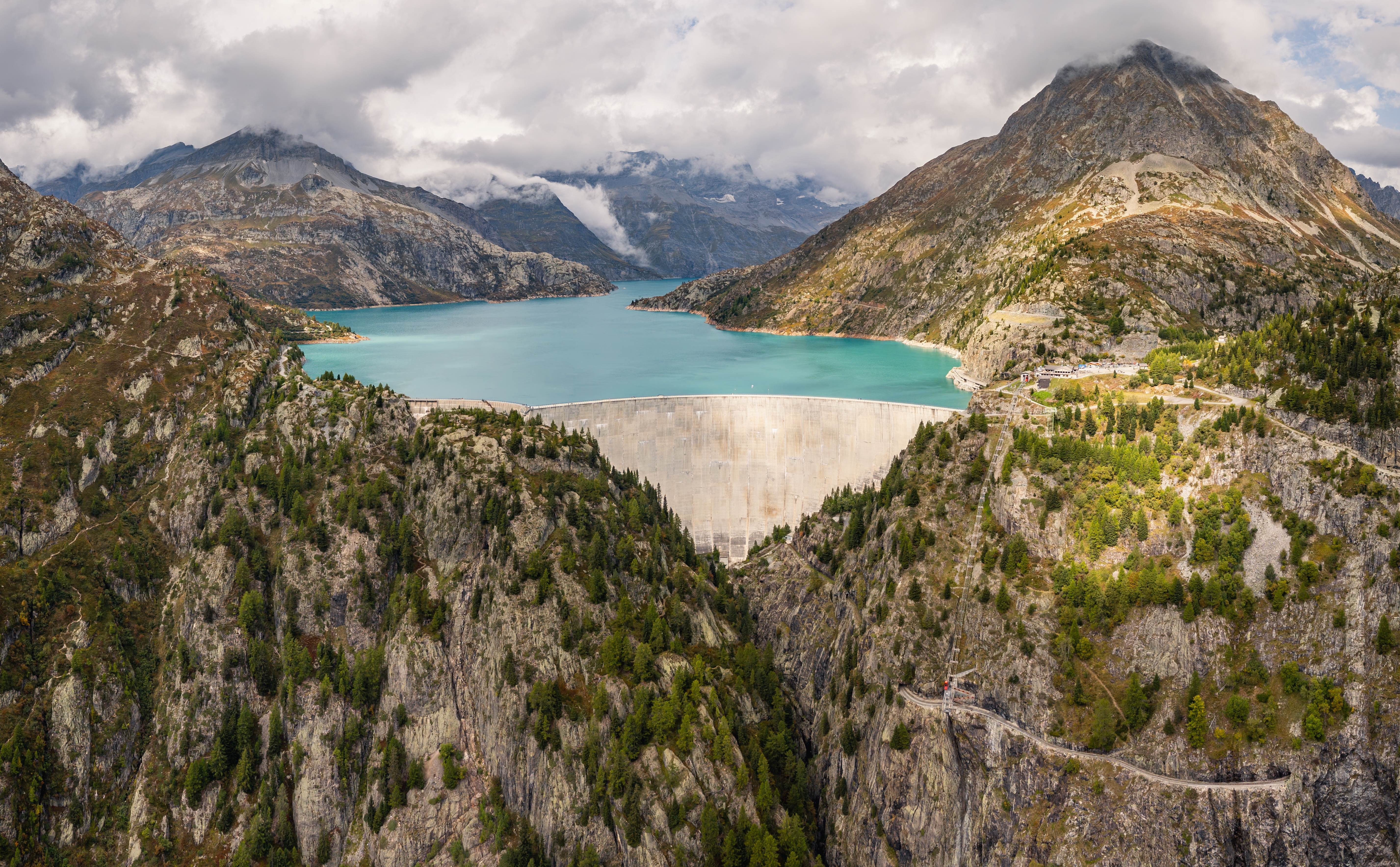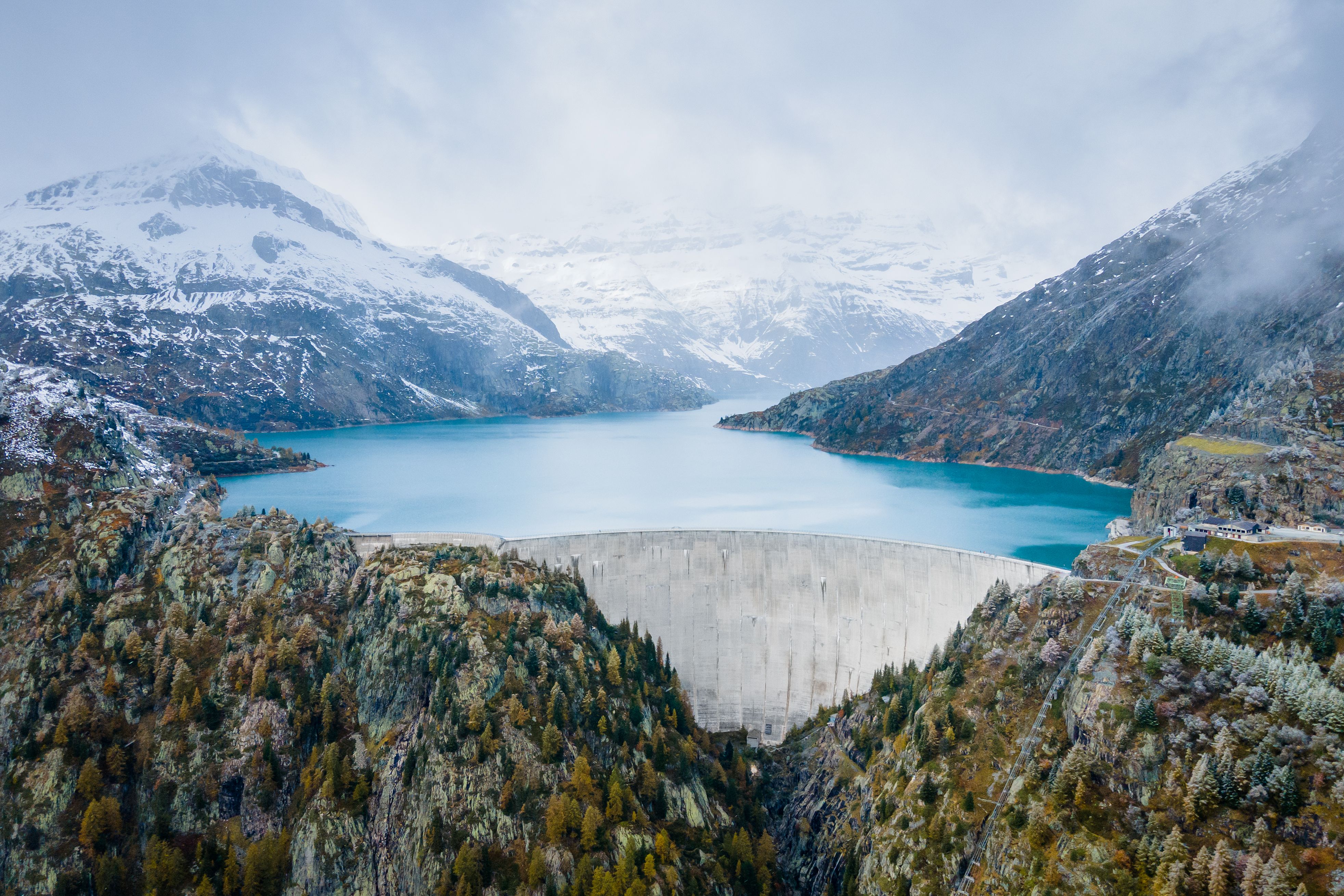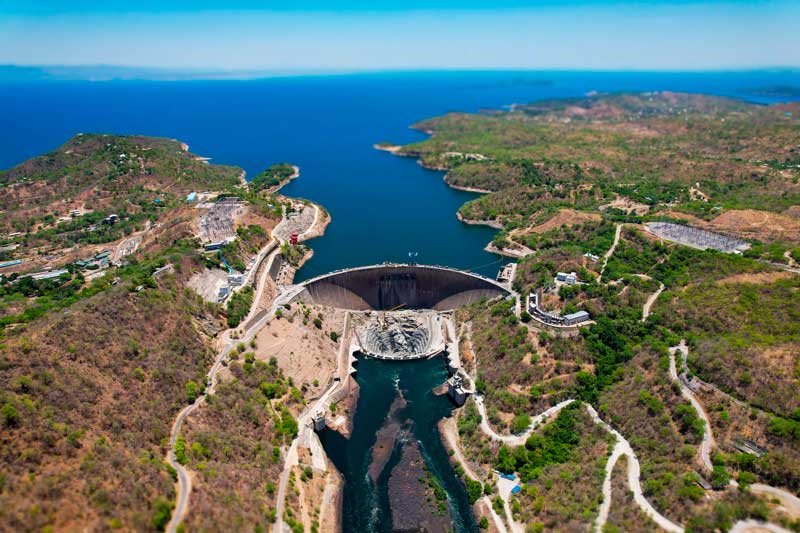Blog: Developing sustainable hydropower in Indonesia

A newly approved project in southeast Sulawesi has become the first hydropower project in Indonesia to apply the Hydropower Sustainability Assessment Protocol.
The International Hydropower Association is coordinating the independent assessment process. The objective is to help the government identify opportunities for improvement and to build local capacity to put principles into practice, writes Joao Costa, IHA Sustainability Specialist.
Deep in the rainforest of Southeast Sulawesi runs the Konaweha river, a valuable and still relatively unexplored source of freshwater. In view of the potential hydropower benefits that this natural resource can bring, the construction of the Pelosika project has been approved by the government.
Early stage assessment in Pelosika
With this new project, the Indonesian government expects to harness Konaweha’s water for irrigation, domestic water supply and electricity generation, as well as to improve flood control and protection for downstream communities, including Kendari (the provincial capital).

The Pelosika project, with its multiple uses, has the potential to drive regional development and improve the livelihoods of the local population, while increasing the national share of renewable energy. However, it is essential to understand the project’s technical viability, as well as its environmental, social and economic impacts.
Therefore, to better understand the performance of the project across the aforementioned sustainability themes, the International Hydropower Association (IHA), with funding from the State Secretariat for Economic Affairs of Switzerland (SECO), was invited by Indonesia’s Department of National Development Planning (Bappenas) to apply the Hydropower Sustainability Assessment Protocol for the first time in the country.
As part of the assessment process, I travelled with a team of international accredited assessors to the region in November and December 2017. We provided training to a team from the Indonesian government and, with both the international and local team working together, set about the process of gathering and assessing data. Our first task was to speak to the project development team, review documentation and planning processes, and, importantly, to hear from stakeholders including members of the local community.
Applying the Protocol
Our visit started with an appointment in Kendari, Southeast Sulawesi’s capital, to meet representatives of the regional government. Later on, the assessors travelled 100 km inland to examine the dam site in the Konaweha river with the project’s technical consultants. After a short boat ride and a hike uphill, the team was able to analyse the local topography and the planned location of the dam and powerhouse.

We later visited Asinua village, located in an area which will be inundated as a result of the dam building. In this region, the population does not have access to electricity and so there is a general expectation, even among the affected community, that local people should be among the first to benefit from the Pelosika project. Villagers from Asinua will have to be resettled, so the assessors interviewed them to fully understand their hopes and concerns.
Next steps
After interviewing individual stakeholders and identifying relevant documentation in Sulawesi, the team flew to the country’s capital, Jakarta, to undertake final interviews with officials in the national government. Then, to conclude the assessment mission, the assessors presented their initial findings to Bappenas and SECO.
Following this initial stage of the Protocol assessment, the joint assessment team will carry on working together: interpreting the evidence collected from interviews and the documentation provided, and completing their final report.
IHA expects the outcome of this project to be twofold. Firstly, the early stage assessment should help the project team to measure performance and identify opportunities to improve the Pelosika dam. In turn, we are helping to build local capacity and understanding to deliver good practices in hydropower sustainability over the long-term.









